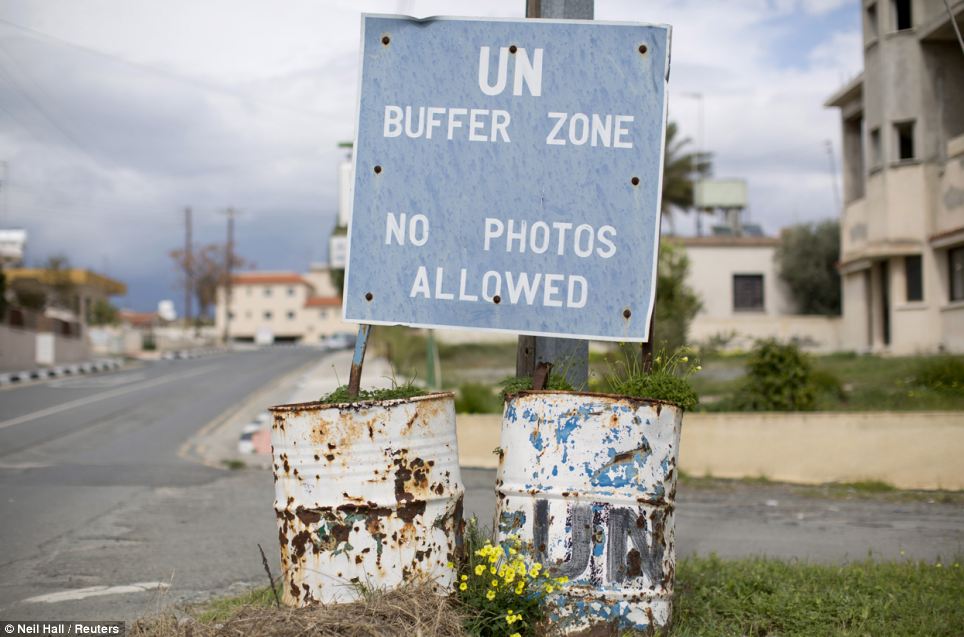
“The (non) developments on the Cyprus problem” by Stefanos Stefanou, member of the Secretariat and Political Bureau of the C.C. of AKEL
 The recent decision for a discussion of the core issues on which there are disagreements between the two sides is the subject of different interpretations. One thing is sure, that is to say the new representative of the UN Secretary-General, in view of the negative possibility of the talks concluding at an impasse due to these differences, sought and found a way to continue them.
The recent decision for a discussion of the core issues on which there are disagreements between the two sides is the subject of different interpretations. One thing is sure, that is to say the new representative of the UN Secretary-General, in view of the negative possibility of the talks concluding at an impasse due to these differences, sought and found a way to continue them.
We are now, as we have been informed by the mass media, entering the phase of the substantive negotiation. This phase took too long to start. The truth is that the policy the President of the Republic on the Cyprus problem chose to pursue permitted the Turkish side to drag its feet at the negotiations without having any consequences for this behaviour. Due to the Turkish Cypriot side’s negative stance, the two sides were wandering about for more than a year holding various discussions that eventually not only led to a long delay, but also in the gap in the two sides positions widening..
The damage that has been done in the negotiations was not limited to the loss of time. Unfortunately, the Greek Cypriot side did suffer damages whose interests in any case are not served by deadlocks and the passage of time without a solution. The damage stemmed from the drawing up and conclusion of a joint communiqué which proved inferior to those Christofias and Talat concluded, but also, according to what was stated by the President, from what it aimed. In the joint communiqué there are some problematic elements with the more serious, the deletion of the reference that sovereignty is indivisible, as it was clearly incorporated in the 2008 joint communique.
Damage has also done on the issue of the convergences too. While the Turkish Cypriot leader was rejecting the Christofias-Talat convergences, as they clearly do not serve his partitionist positions, the President’s policy for a discussion of the core issues from scratch gave Mr. Eroglu the opportunity to portray himself as a defender of these convergences. Indeed, the Turkish Cypriot leader, in a move to serve communication purposes, sent a letter to the UN Secretary-General in which he called for the continuation of the negotiations from the point they had been suspended in March 2012 In this way, the Turkish side got out of the tight corner it had found itself when it rejected the convergences achieved in 2008-2010 and at the same time the Greek Cypriot side found itself in a difficult position, with the danger of being apportioned responsibilities in the event of a deadlock.
Having this environment in mind and in view of the start of the new phase, it is imperative that the President of the Republic ends the policy of negotiations from scratch. We have no illusions about the position the Turkish side will continue to adhere to the talks, or about the prospects for achieving progress on some of the issues. However, the procedure opens a window of opportunity that the Greek Cypriot side must try to make the most of.
The positions to be submitted by the President at the negotiating table should be characterized by realism, but also based on the principles of the solution of the Cyprus problem. Within this context, the President must organize the utilisation of the negotiation’s agreed acquis of the previous period. Such a move on the part of the President will help to safeguard all that has been agreed and at the same time, will protect the Greek Cypriot side from the danger of responsibilities being apportioned on it in the event of an impasse. As far as Mr. Eroglu is concerned, he will be in a difficult position either to agree with positions which he considers as undermining his policy for partition, or to reveal to the international community his real intransigent face.
In the former and latter case, the Greek Cypriot side will only gain and register benefits. This is why the President of the Republic must finally put the Cyprus problem above any petty-political expediency and proceed with determination.




